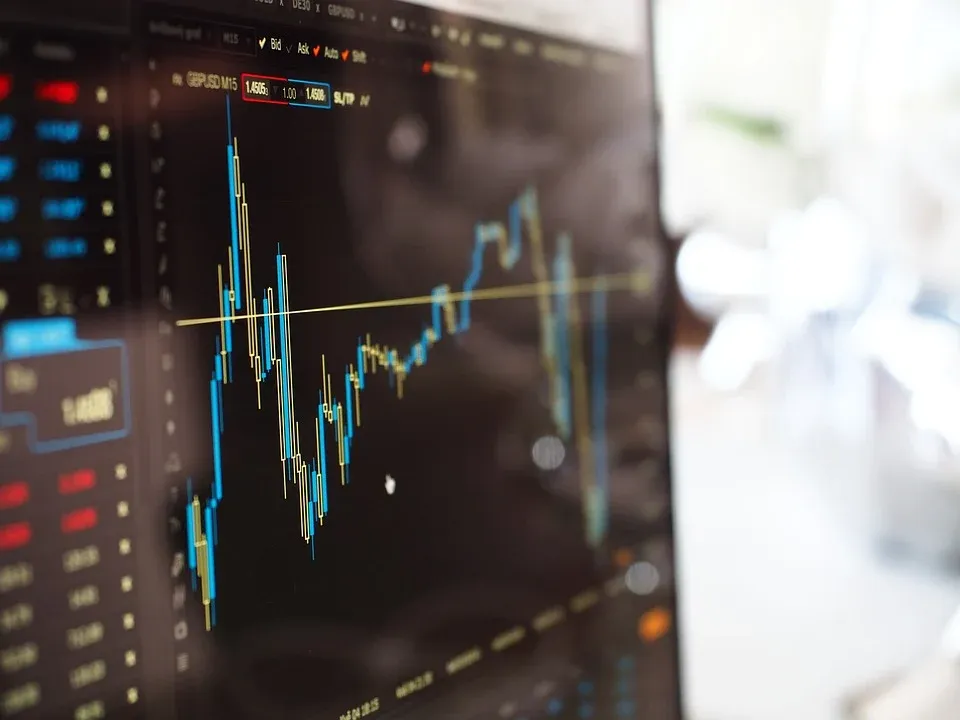
history has shown us how large companies have found financial stability within commercial markets, which demand effort when it comes to fulfilling high product orders, where every step of an arduous production process is important, which is why many companies try to compare their production processes with others that are at a higher commercial level; one of the things that companies try to match is the capacity of response when delivering an order, since the total success of the commercialization chain depends on this, starting from the exact execution of the characteristics demanded by the client, to the packaging in which the final product will be.
When companies measure their economic strength with high demand markets, is where the development of financial strategies that allow the company to meet each of the planned goals begins; to stabilize the finances of the company in a volatile market, you should only focus efforts on cash flow, keeping control of all the money coming in and out, in order to control every important part of the business process, achieving this way that the company in general is in a point of productive balance, without any financial surprise that makes the stock market value of the company down.
It is impressive to observe the financial movements that are made in a market that requires financial liquidity in companies, since everything will depend on the ability of the accounting department of the company, to make the proper movements that lead to an excellent accounting health, without having capital flight, much less make the production process is delayed, causing a domino effect on all future deliveries of products in the markets. Large companies will always have a latent fear in their operations, because having high demand, requires a greater effort to stay in a productive cycle, achieving a total stability of its finances.
